Post Polio Syndrome And Anesthesia
Post polio syndrome and anesthesia. However polio still exists in some countries and cases of PPS still arise. The clinical features diagnosis and treatment of both polio and PPS are reviewed in. Anesthesia8 A case report from Canada also describes a successful report of a spinal anesthetic in a patient with postpolio syndrome presenting for a cesarean delivery5 Doses of the local anesthetics were not decreased in either of the studies.
Computational Neuroimaging Group Academic Unit of Neurology Biomedical Sciences Institute Trinity College Dublin Dublin Ireland. No study of polio patients having anesthesia has been done. The uses of polio vaccines have essentially eradicated the disease in the United States today.
Post-polio syndrome PPS is a non-contagious condition that can affect polio survivors usually 15 to 40 years after recovery from polio. Respiratory muscle weakness due to neuromuscular disease. Postpolio syndrome and anesthesia.
Only a polio survivor can develop PPS it is not contagious. The prevalence of po. The most common symptoms include.
The anesthetist must preoperatively assess reported amounts of patient physical activity and patient age which can indicate the amount of muscle degeneration that may have already occurred. But poliovirus infection survivors who had experienced a paralytic attack can see a return of some symptoms which is a syndrome called postpolio syndrome PPS. It is unknown however whether the motor neurons of patients with postpolio syndrome.
Polio results in widespread neural changes not just destruction of the spinal cord anterior horn motor nerve cells and these changes get worse as patients age. Thus the main users of GPB are a rapidly diminishing population of patients with post-polio syndrome those with high cervical cord. This article first reviews clinical features and some pathoetiologic theories of postpolio syndrome and then focuses on anesthetic considerations including the use of common anesthetics neuromuscular blockade regional anesthesia and general anesthetic management strategies.
The polio vaccine has eradicated polio from the United States. Postpolio respiratory impairment entails considerable risk of morbidity and mortality particularly related to anesthesia.
Anesthesia8 A case report from Canada also describes a successful report of a spinal anesthetic in a patient with postpolio syndrome presenting for a cesarean delivery5 Doses of the local anesthetics were not decreased in either of the studies.
The anesthetist must preoperatively assess reported amounts of patient physical activity and patient age which can indicate the amount of muscle degeneration that may have already occurred. No study of polio patients having anesthesia has been done. Postpolio syndrome and anesthesia. Post-polio syndrome PPS is a condition that affects polio survivors many years after recovery from an initial attack of the poliomyelitis virus. Post-polio syndrome occurs in some patients who experienced respiratory insufficiency and bulbar polio. Postpolio respiratory impairment entails considerable risk of morbidity and mortality particularly related to anesthesia. Bach 5 reported that in approximately 42 of these patients new breathing problems develop that require interventional respiratory management. The prevalence of po. The uses of polio vaccines have essentially eradicated the disease in the United States today.
Postpolio respiratory impairment entails considerable risk of morbidity and mortality particularly related to anesthesia. Post-polio syndrome occurs in some patients who experienced respiratory insufficiency and bulbar polio. But poliovirus infection survivors who had experienced a paralytic attack can see a return of some symptoms which is a syndrome called postpolio syndrome PPS. Thus the main users of GPB are a rapidly diminishing population of patients with post-polio syndrome those with high cervical cord. PPS may cause new muscle weakness that worsens over time pain in the muscles and joints and tiredness. Post-polio syndrome PPS is a disorder of the nerves and muscles that happens in some people many years after they have had polio. Only a polio survivor can develop PPS it is not contagious.








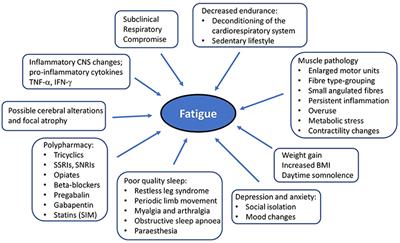

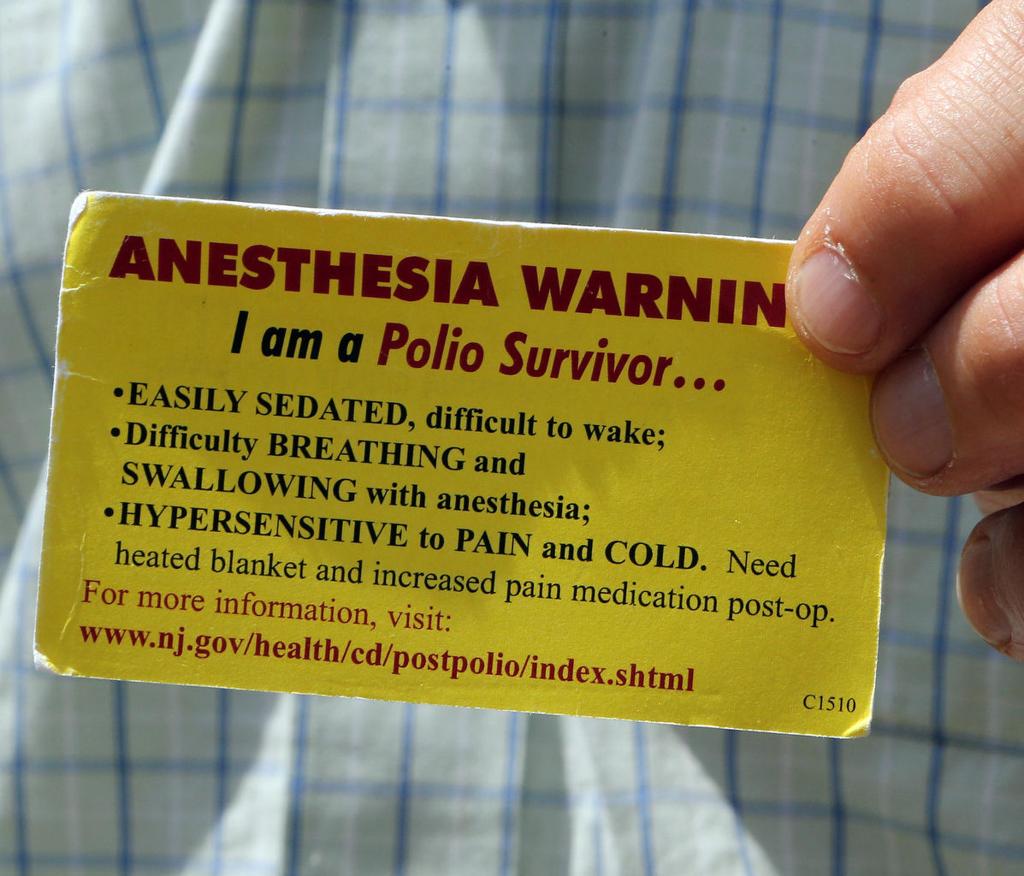






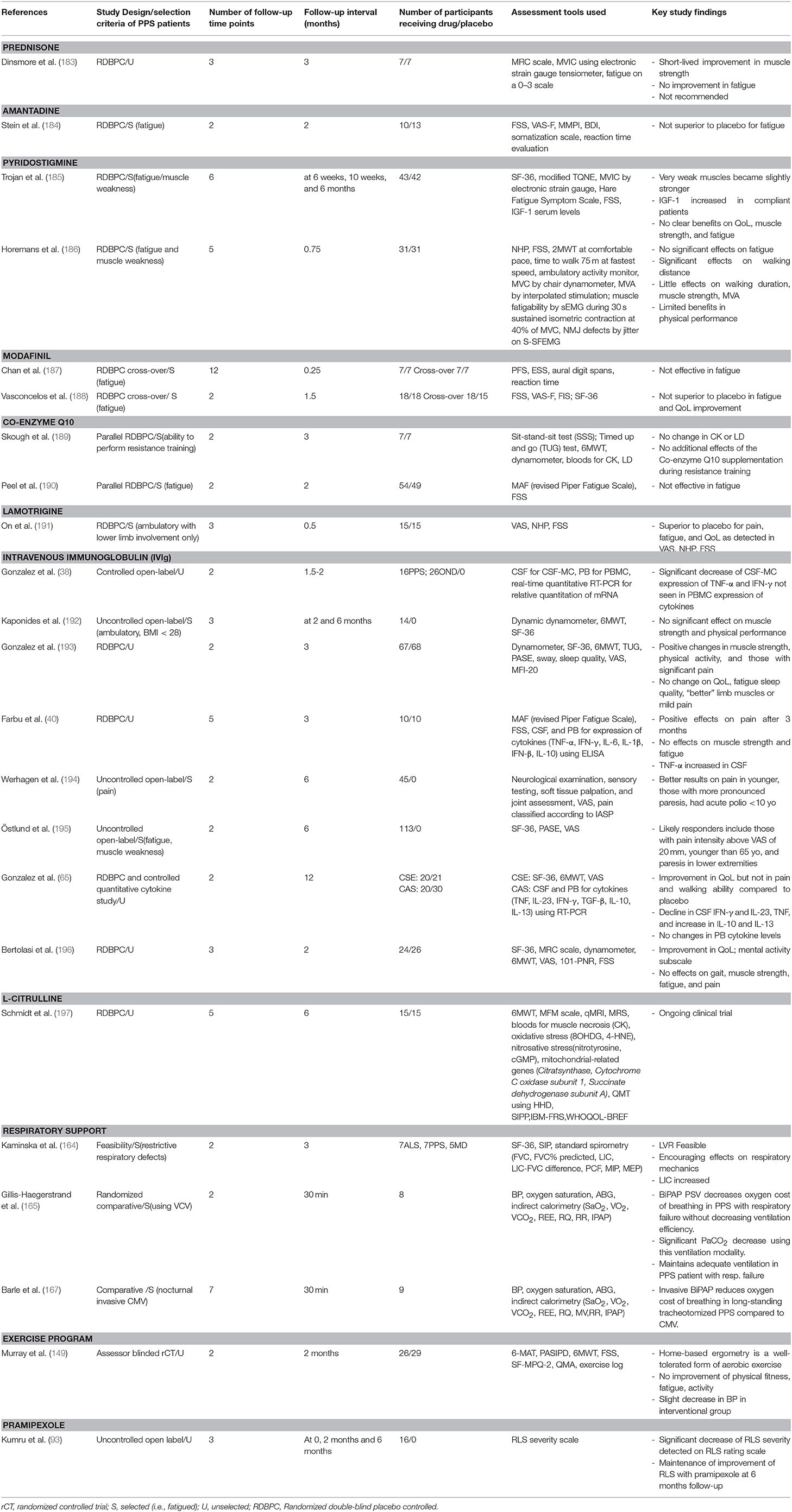


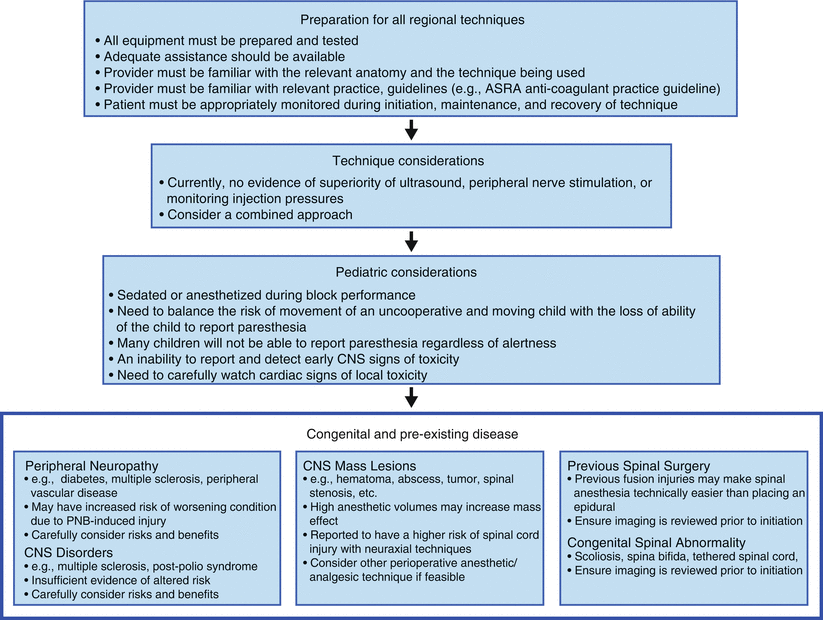





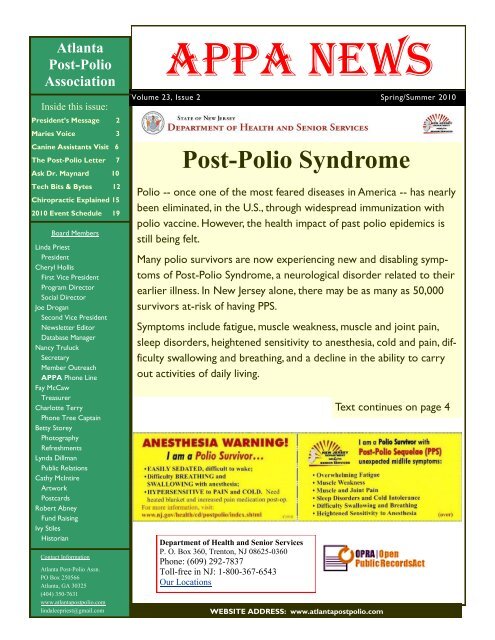




Post a Comment for "Post Polio Syndrome And Anesthesia"